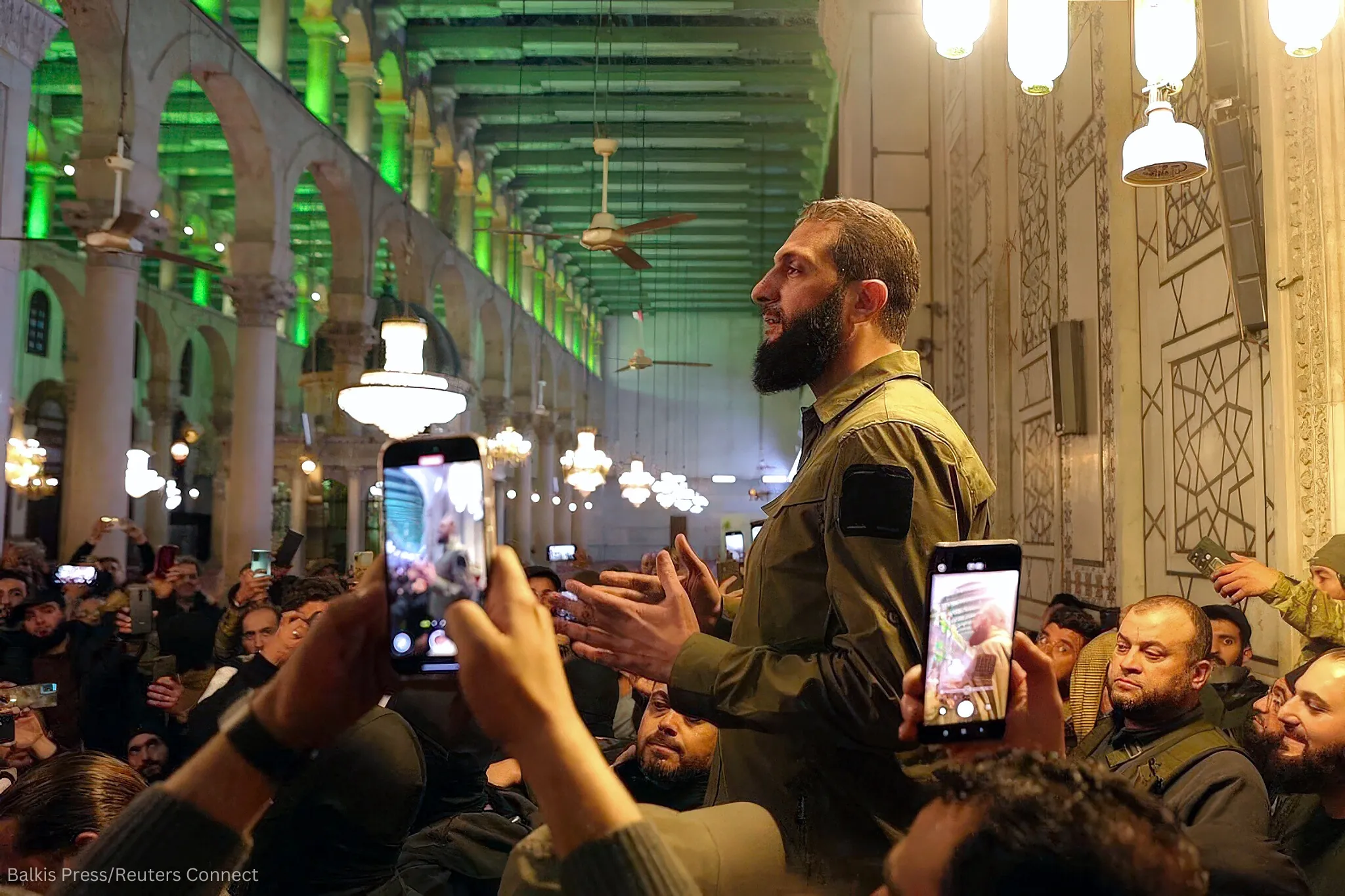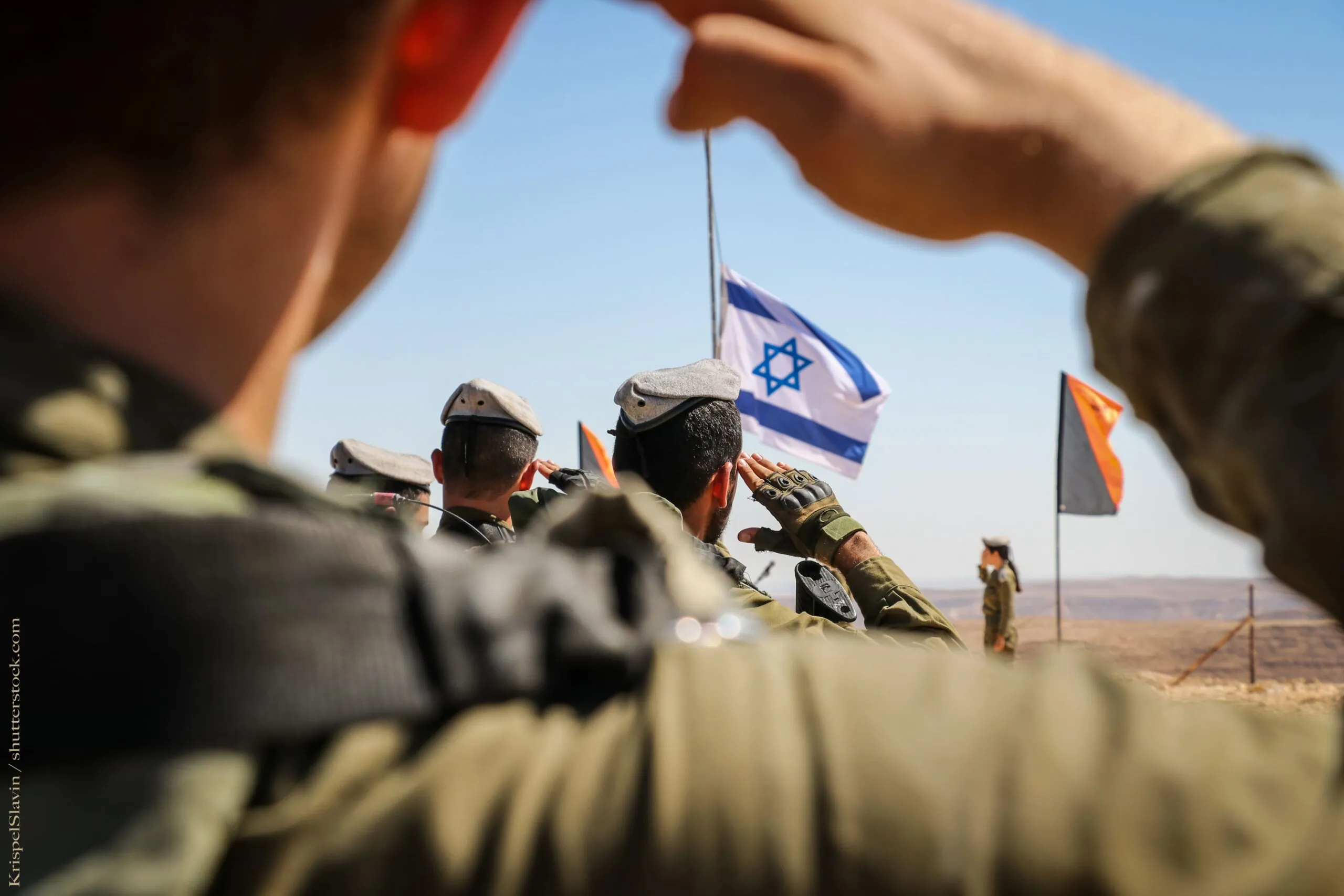
The Jewish soul has been formed by three thousand years of heritage—both with a homeland and in its wanderings. Israel is both the object of God’s eternal closeness, and the evil one’s intent to utterly corrupt and destroy her.
But what makes an Israeli an Israeli? How is he different than, say, an American, Englishman, Brazilian or even a Jew living in the diaspora (outside of Israel)?
The two greatest influences on the character of the modern Israeli Jew, especially over the last 80 years, are very clear. First is the loss of 6,000,000 family members in the Holocaust. The second is the life and death struggle to raise up a nation out of a stricken, deserted land while surrounded by bitterly hostile neighbors who openly boast of their intent to annihilate all Jews who reach these shores.
What follows is a revealing speech written for Israel’s 50th birthday by Ariel Sharon, one of Israel’s trailblazers from the generation that built the modern state of Israel. It reflects the soul of a people who have only ever known the fight for survival as an inevitable part of their existence.
Ariel is one of the most outstanding, controversial, bold and charismatic military/political figures to arise on the Israeli scene. Born in 1928, he joined the Jewish underground forces at the age of 14. He became the great military hero of the Yom Kippur War in 1973 when he brilliantly surrounded the Egyptian army threatening to invade Israel’s heartland.
He also orchestrated the controversial war in Lebanon that resulted in Prime Minster Menachem Begin’s resignation and leaving public life. In 2001, he was elected Israel’s prime minister. Hoping against hope for peace with the Arabs, in 2005, he evacuated 8,500 Jews living in Gaza, and withdrew all Israeli troops—a massive miscalculation that enabled Hamas to create an army of terrorists on Israel’s southern border. Nevertheless, Israelis almost universally revere Sharon as a war hero and statesman who played a vital role in defining the country’s borders. He suffered a stroke while prime minister in 2006 which incapacitated him until his death in 2014.

Middle: Ariel Sharon on plans to build settlements in Judea and Samaria (West Bank)
Right: Ariel Sharon visits Oxford in 1991 to speak to the Oxford University L’Chaim Society
The Real Heroes
Written by: Ariel Sharon in 1998, on Israel’s 50th Birthday
Reprinted by permission of The Jerusalem Post
There have been so many exciting moments in our country’s history. Which should I choose?
- The UN vote on November 29, 1947? The feeling that something at once great and awesome was about to take place. My heart pounded with the excitement of the unknown now approaching.
- David Ben-Gurion’s resounding voice as he declared independence?
- The day on which we had our first full mobilization in December 1947?
- Taking over command of the paratroopers, the retaliatory operations, the 1956 Sinai Campaign?
- Splitting the Egyptian forces in the Sinai Peninsula in the Six-Day War in 1967?
- The day my division crossed the Suez Canal in the 1973 Yom Kippur War?
- The sight of the thousands of Palestinian terrorists being forced to flee Beirut in the 1982 Lebanon War?
So many stops along the way, days full of excitement, how can I choose just one event?
So many people influenced me over the years. Who should I choose?
- My father, Shmuel, an agronomist and researcher, an excellent farmer, who planted in me a love of the land and the country, and made me swear that I would never hand a Jew over to foreigners.
- My mother, Deborah, who through her courage, pride and hard work in agriculture throughout her life, became a symbol on Kfar Malal, the moshav where I was born.
- David Ben-Gurion, with his tremendous vision and determination? Moshe Dayan, with his physical courage and wit, Yigal Allon with his strategic approach and Menachem Begin with his unique approach to security issues.
- Yitzhak Rabin, as chief of staff and friend. Shimon Peres’s creativity and Yitzhak Shamir’s firm stand on Greater Israel. And so many others, particularly those who went bravely to the gallows.
Which of them should I choose?
As I search among all these personalities and events, what do I recall as a truly special experience? I have chosen one picture, a picture which describes a terrible tragedy.
My platoon and I are stretched out beneath the olive trees beside ancient Hulda in the midday heat. Pre-battle reflections. We blend in with the pebbly soil as if we were an inseparable part of it. Deep rooted. The sense of a homeland, belonging, ownership.
Suddenly, close by, a truck comes to a halt and unloads new recruits.
They have a foreign appearance; they are somewhat pale. They wear sleeveless sweaters, gray pants, striped shirts. A mélange of languages. Names such as Herschel, Jan, Meitek, Peter and Yonzi were thrown in the air. They are so out of place among the olive trees, the rocks, the yellowing corn.
They had arrived directly from the death camps in Europe, across sealed borders, in boats bearing “illegal” immigrants, only to be sent once again to internment camps, this time to Cyprus by the British. From there they had been shipped directly to the front.
I looked hard at them. They undressed. Their flesh was white. They tried on the uniform, struggling with the straps of their army pouches, assisted by the commanders who had just met them.
This all took place in silence, as if they accepted their fate. None of them shouted, “Give us time to breathe after the terrible years we have just been through.”
It was as though they understood that this was yet another stage in the final battle for Jewish existence. They obviously had no inkling that among the established community in Israel, too many people were tied up defending their own settlements. Despite Ben-Gurion’s pressure, many had not yet even enlisted. And more than a few members of the moneyed classes of the period had sent their children abroad so that they would not be “swallowed up” by the war.
These soldiers were foreign recruits (Gahal) commonly referred to as “Gahaleitzim” in a disdainful tone. There were no songs sung for them and no one conversed with them around the bonfire. They had no one waiting at home with whom to share their experiences; they had no homes. They were people from another planet, with experiences that were alien to us, youngsters like ourselves but hundreds of years older than we were.
In Jerusalem’s Mt. Herzl military cemetery, in the mass grave dug for our company, B Company, Battalion 32, Alexandroni Brigade, four of the 52 soldiers who fell in one battle were nameless.
For 50 years, whenever I have passed the headstone, I have stopped and wondered who they were, where they came from, who their families were.
Are any of those immigrant soldiers still alive? Has anyone ever looked for them? Perhaps they are still looking. I have no answer. No one has an answer.
Some of them had been through the horror of the Holocaust as children and youngsters, surviving only to reach Israel a year or two before the War of Independence and join the fighting … Fifty years have passed since then. Now, as we celebrate Israel’s jubilee year, we honor the fallen, the army brigades and the Mahal, foreign but good people who came and volunteered.
I particularly wish to thank all those unknown soldiers who survived the upheavals of the Holocaust, a feat which required considerable bravery, who dreamed of reaching safety and when they finally arrived, once again took up arms in our defense.
So many of them fell in battle.
They, the Gahal soldiers, arrived unknown, fought unknown, fell unknown and many of them remained anonymous until today. In my mind, they were the real heroes.
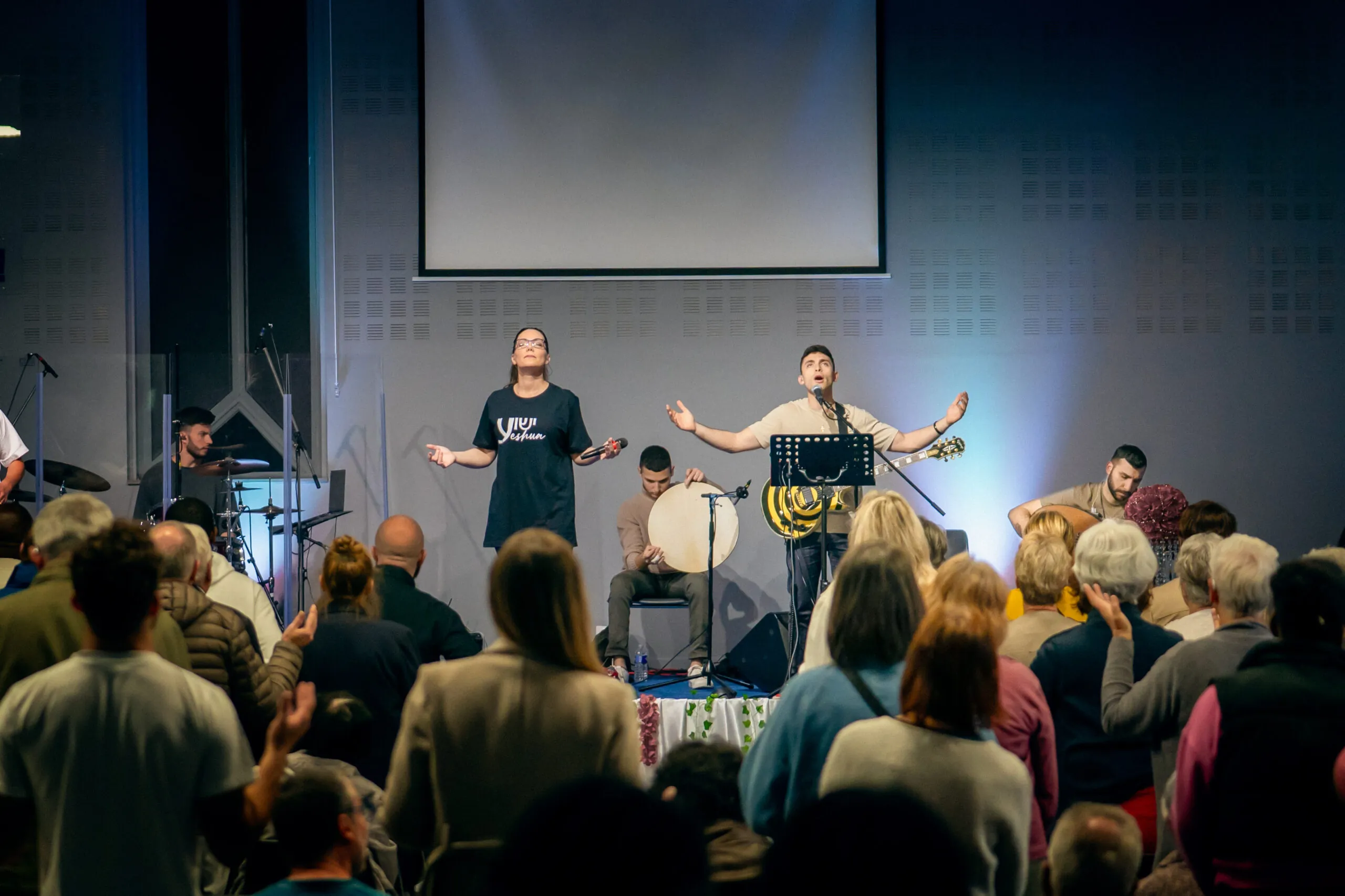
Israel and Ishmael Tour Mission
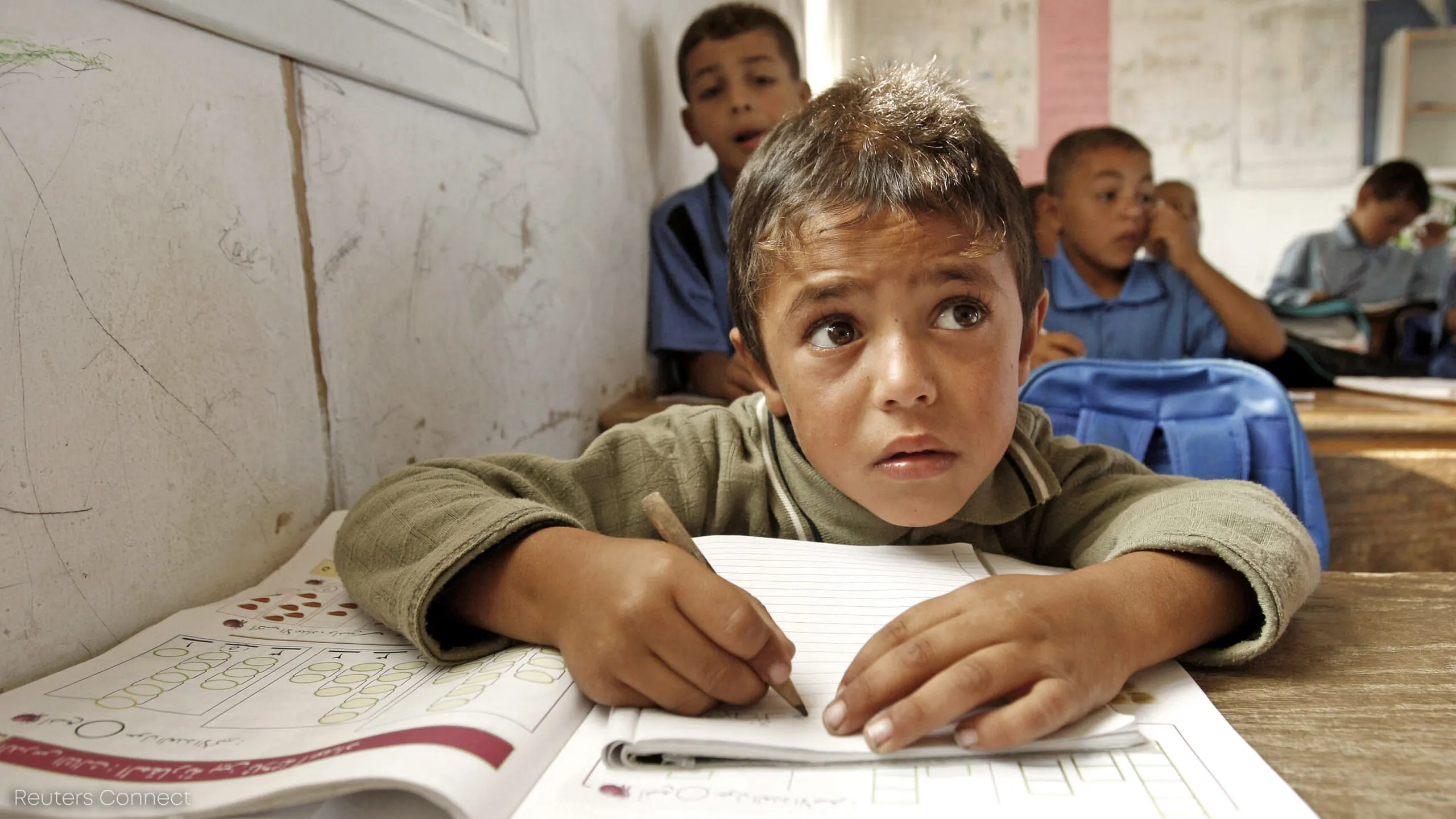
No Child Left Behind
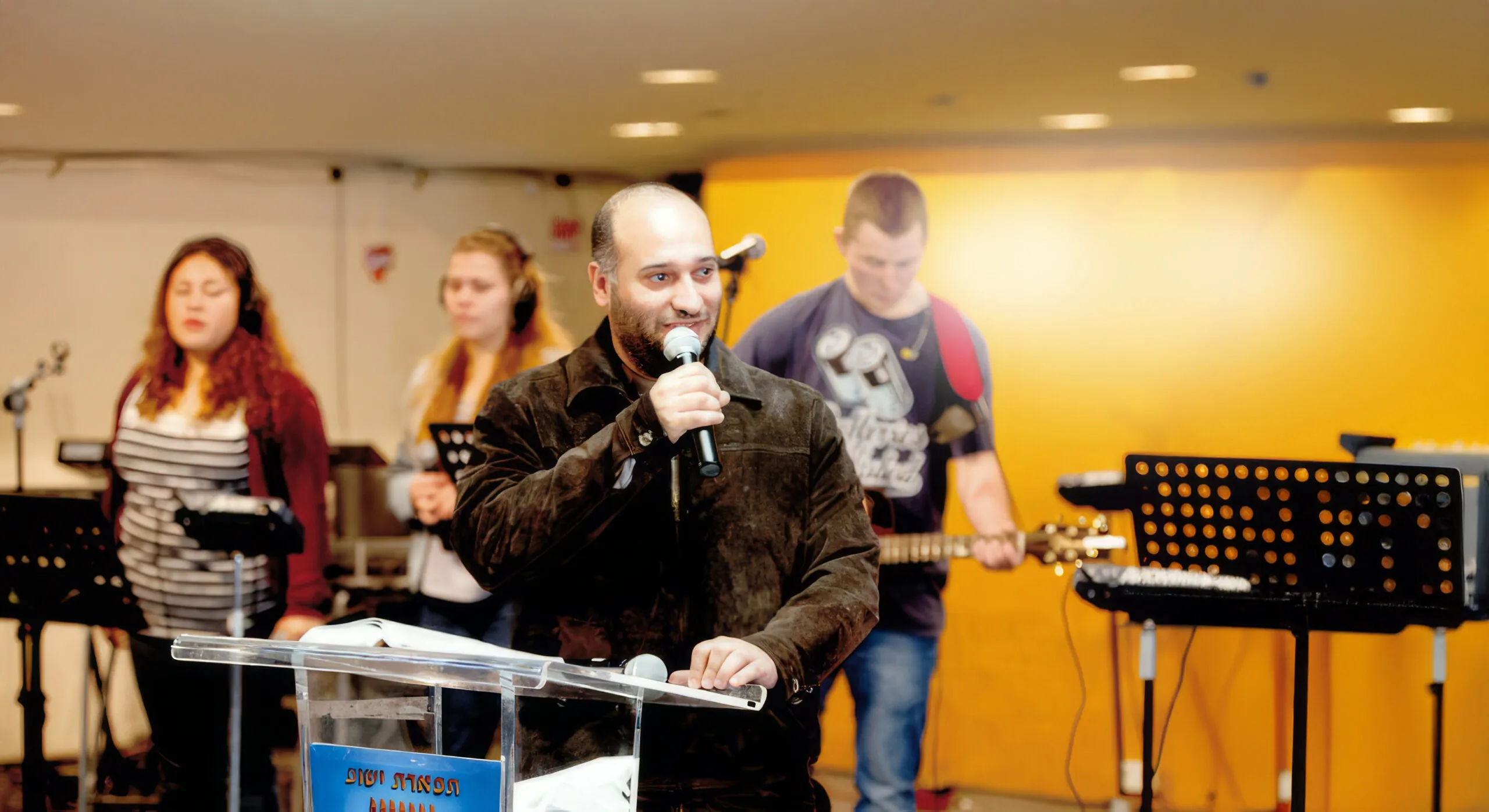
Israel’s First Indigenous Pastor?
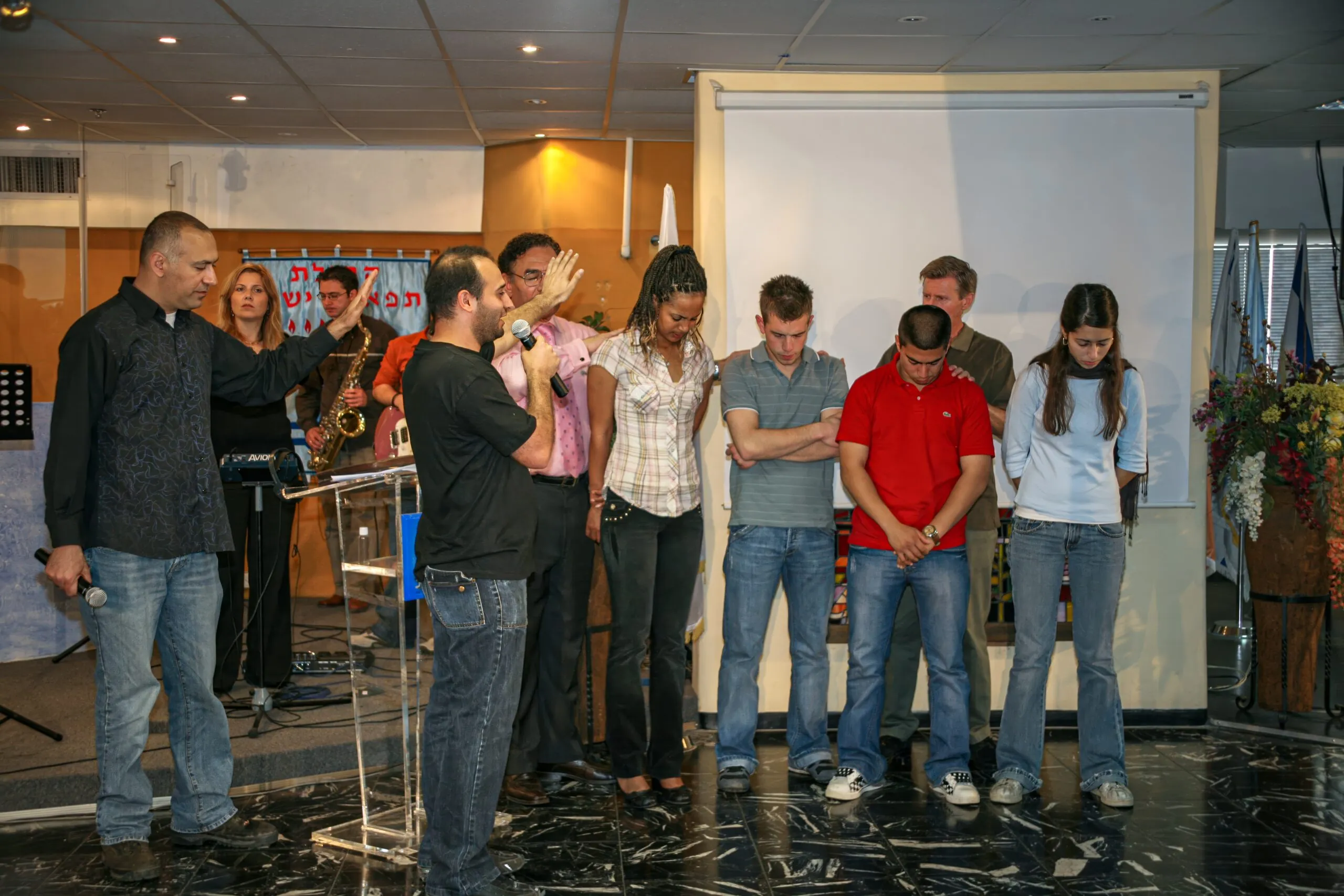
Rooted and Rising in Israel
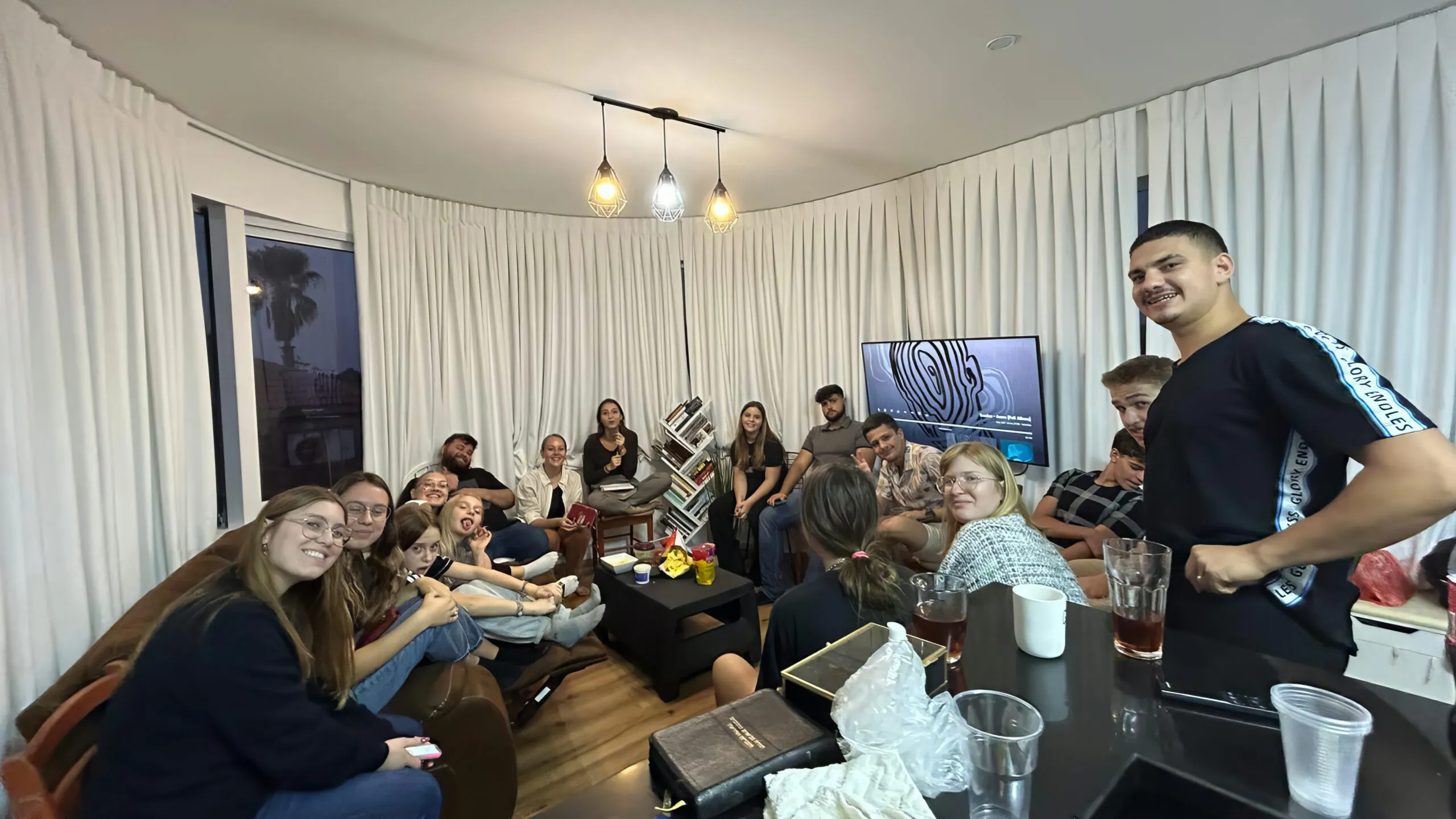
A New Generation Rises
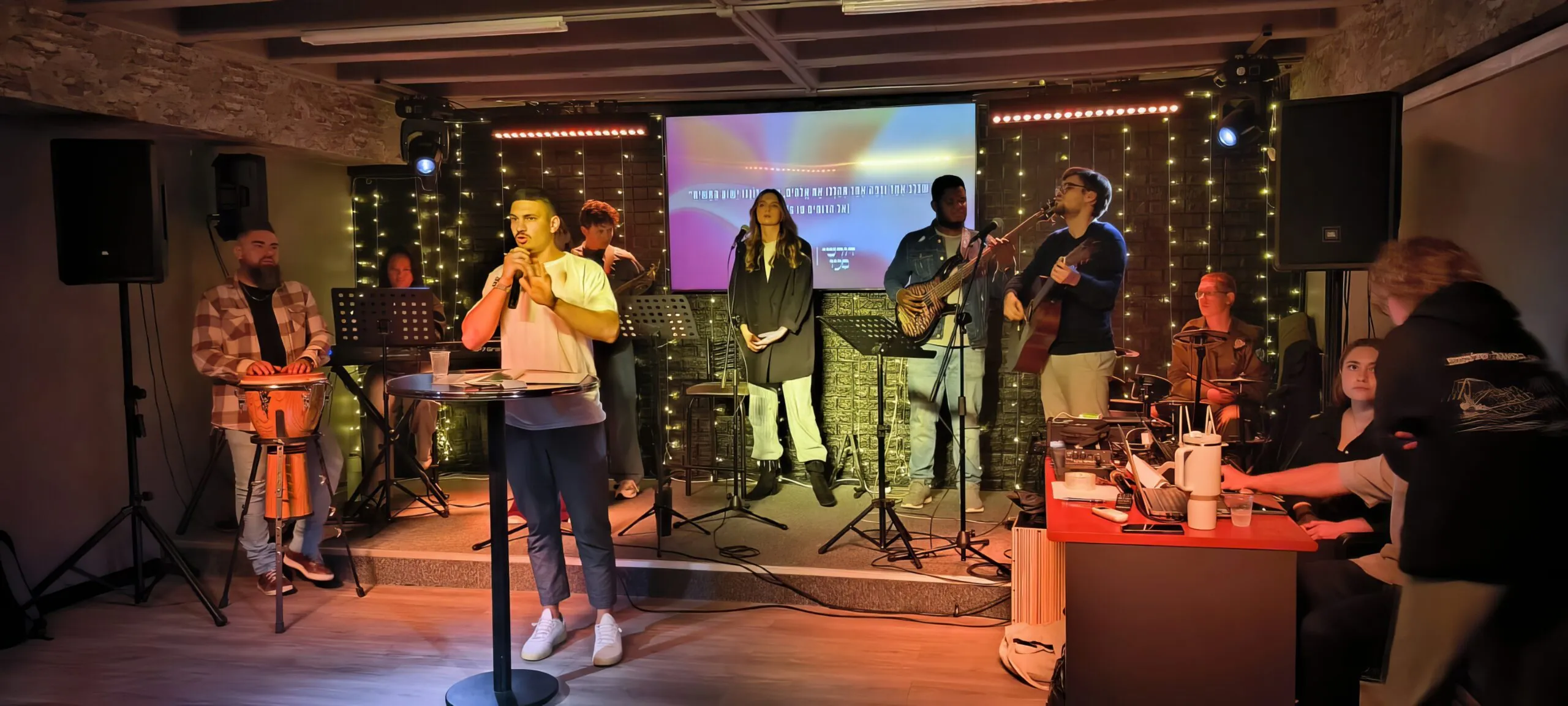
Leaders in the Making
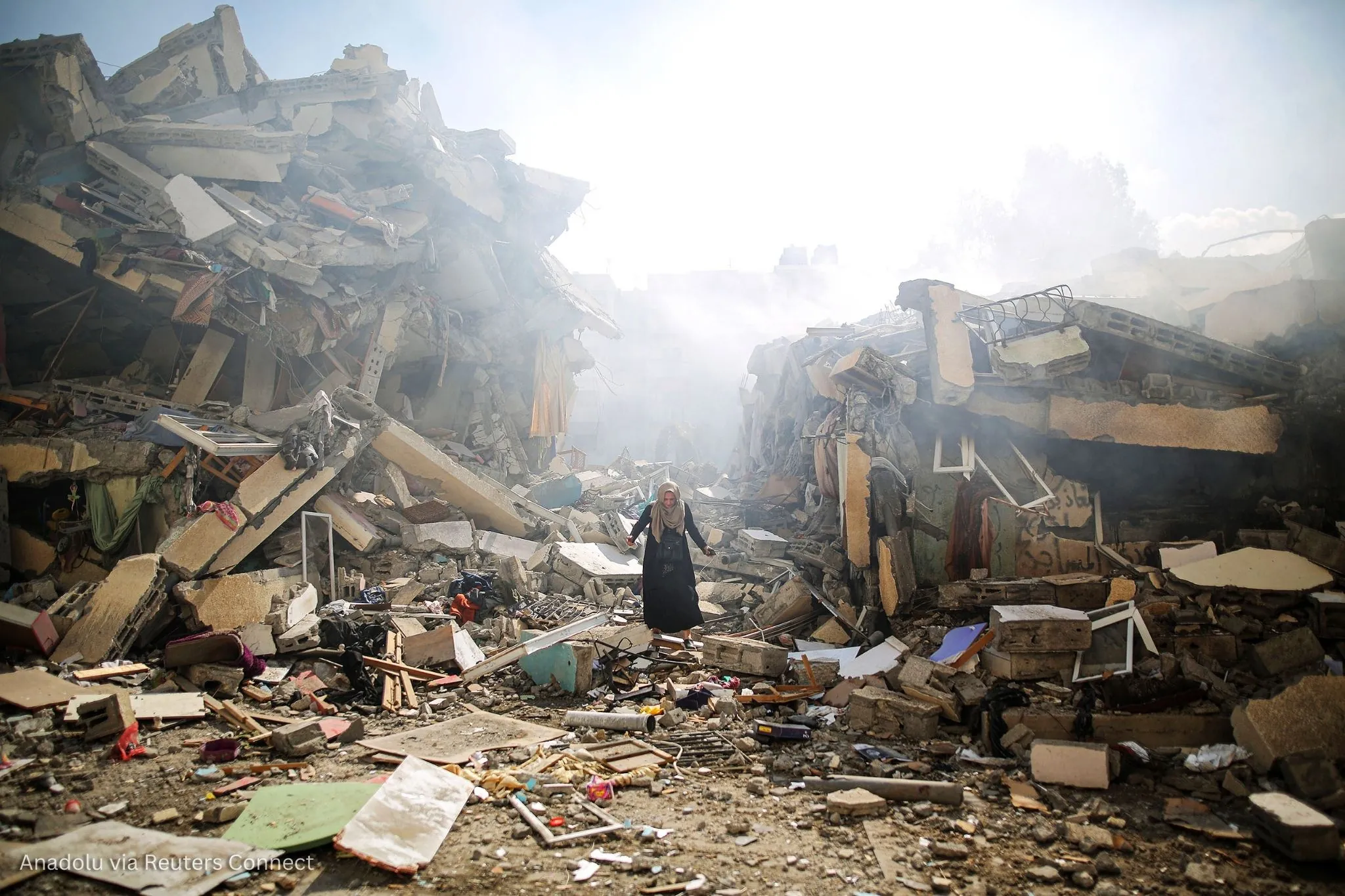
Free Gaza
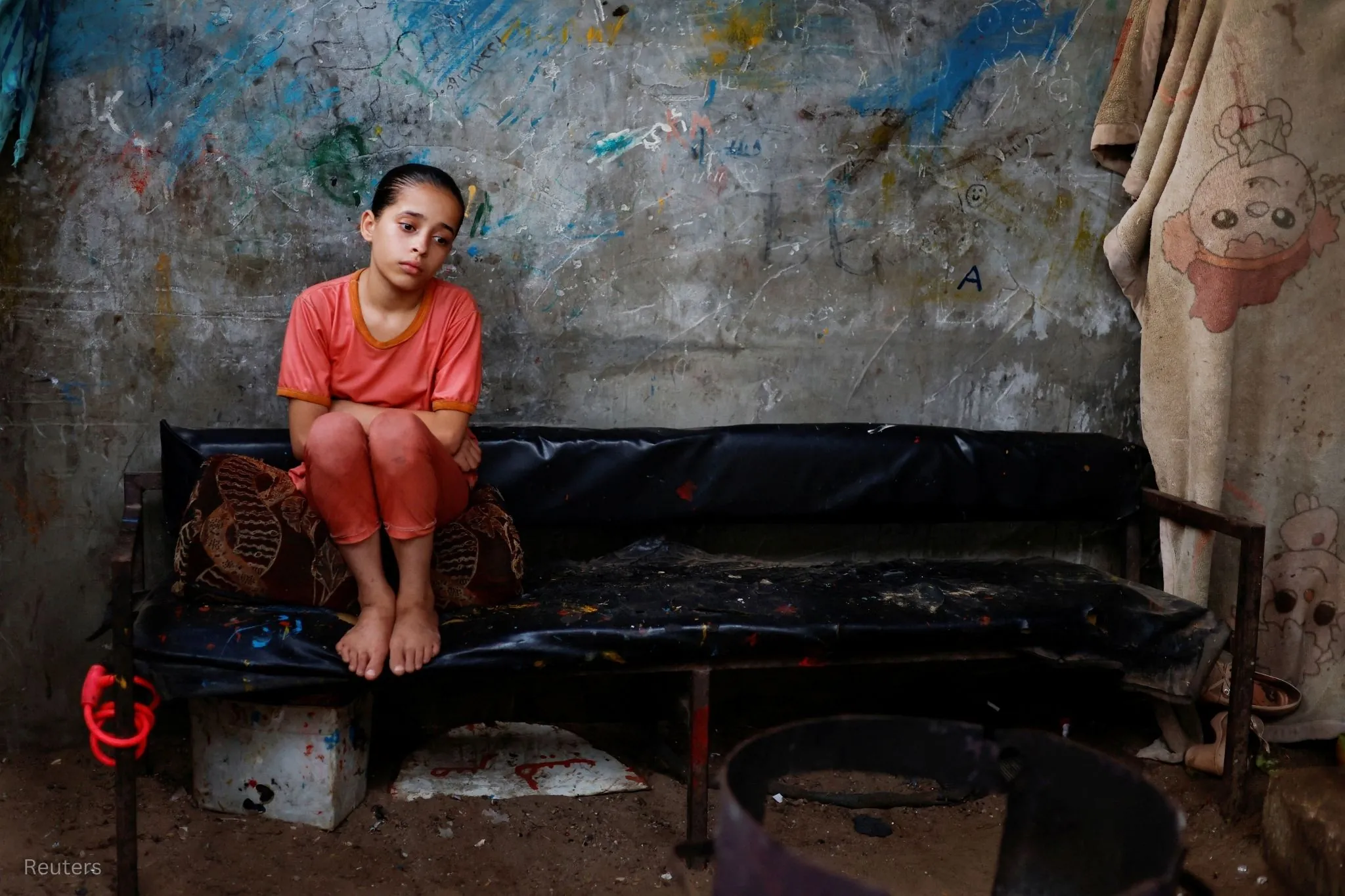
Bringing Light Beyond Borders
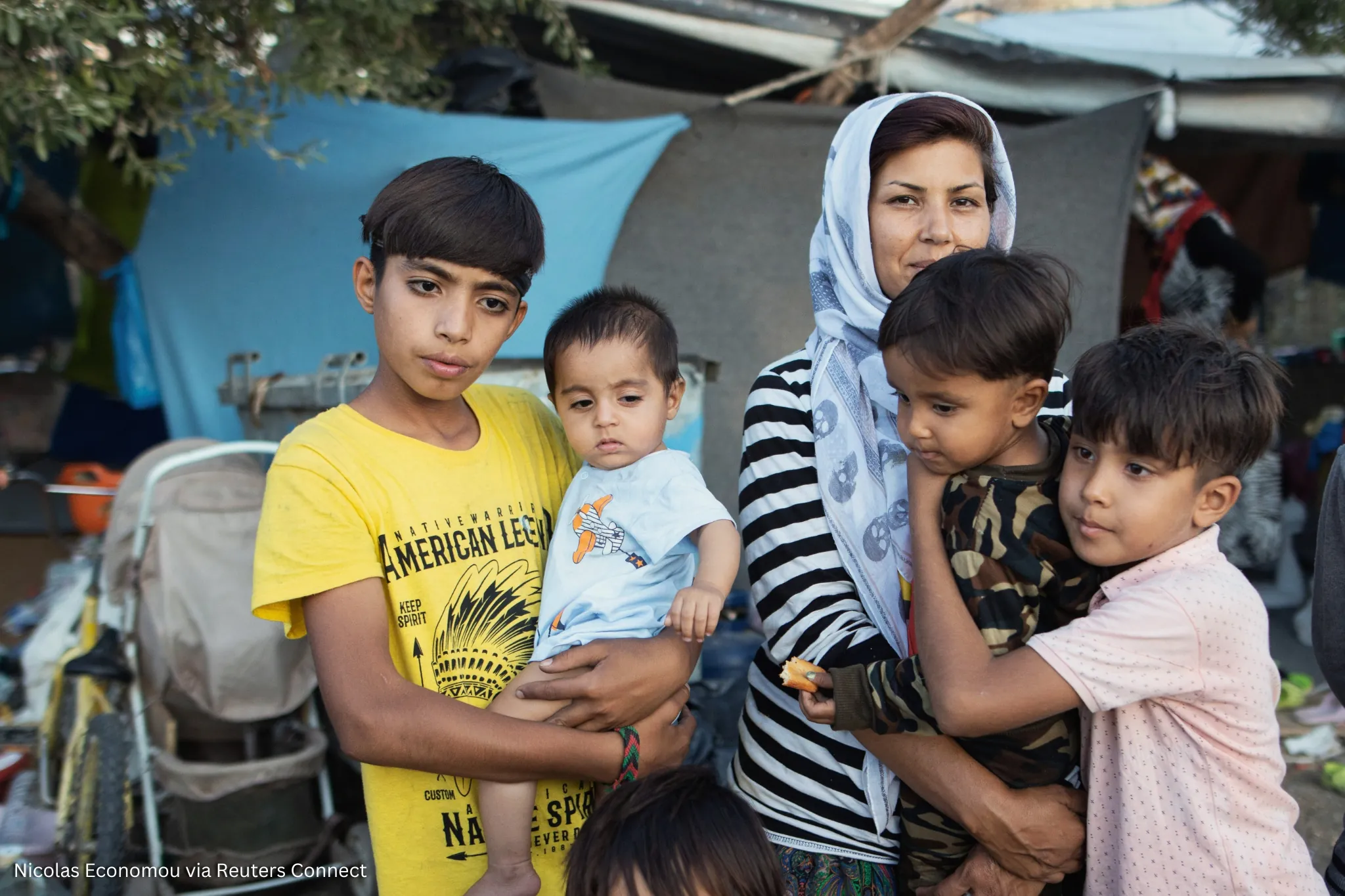
From Crisis to Christ
